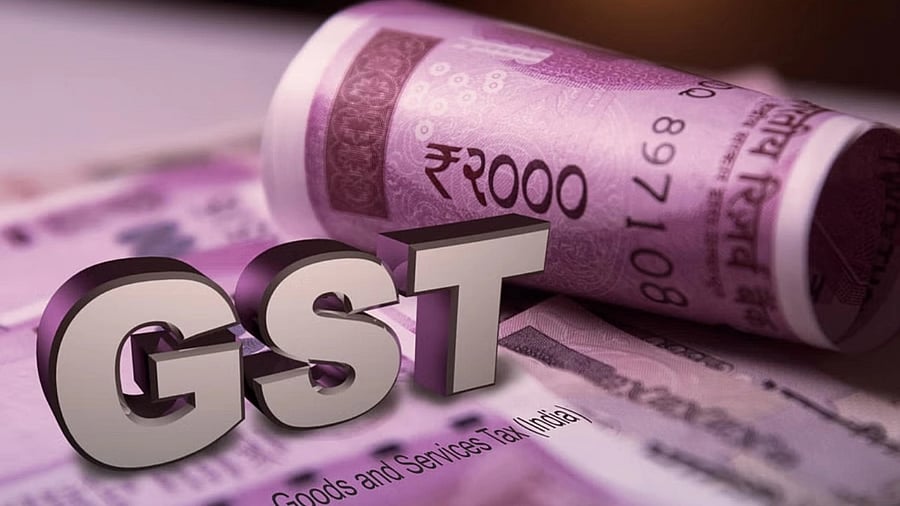
Representative image
Credit: iStock Photo
New Delhi: The proposed reduction in goods and services tax (GST) rates, as announced by Prime Minister Narendra Modi recently, will help boost consumption and is unlikely to have any significant impact on the government’s tax collections, analysts said.
“With the proposed two-rate system now being looked at, though the effective rate could be somewhat lower, but actually because of easier implementation and fairer accounting processes, there actually could be a boost to fiscal revenues in the longer term,” YeeFarn Phua, Director, Sovereign & International Public Finance Ratings, S&P Global said at a webinar on India rating upgrade.
On August 14, S&P Global upgraded India's long-term sovereign credit ratings citing economic resilience, low inflation and sustained fiscal consolidation. A day later, on August 15, the Prime Minister announced GST reforms and lower rates by Diwali.
“It’s still very early days to see the actual fiscal impact, but we don’t think that the government would reform this system to the point that it would hit fiscal revenues for them,” Phua said.
According to SBI Research, the revenue loss through GST rate adjustment could be more than offset by increased consumption and cess adjustments.
"Fiscal deficit for FY26 unlikely to be breached. Debt Market fears thus appear somewhat myopically overblown," SBI Research said in a note.
As per SBI Research, the effective weighted average GST rate may come down to 9.5 per cent after the proposed rate rationalisation by Diwali from 14.4 per cent recorded at the time of inception in 2017.
It said the rate rationalisation would help boost growth and lower inflation. “Since the GST rate of essential items (food, cloth, etc.) is expected to decline from 12 per cent to 5 per cent, the CPI inflation in this category may also come down by 10-15 bps after considering a 60 per cent pass through effect on food items,” it said.
Apart from this, the rationalisation of GST rates of services also leads to another 5-10 bps reduction in CPI inflation on other goods and service items, considering a 25 per cent pass through effect. “Overall, we believe CPI inflation may be moderated in the range of 20 to 25 bps,” SBI Research noted.
The current GST structure (GST 1.0) consists of four main rate slabs: 5 per cent, 12 per cent, 18 per cent and 28 per cent. These rates apply to most goods and services across the country. In addition to the main slabs, there are three special rates: 3 per cent on gold, silver, diamond and jewellery, 1.5per cent on cut and polished diamonds and 0.25 per cent on rough diamonds.
A GST compensation cess is also levied on select goods such as tobacco products, aerated drinks and motor vehicles at varying rates. This cess is used to compensate states for any revenue loss resulting from the transition to the GST system.
As part of the rationalisation, the main tax slabs would be reduced to two - 5 per cent and 18 per cent.